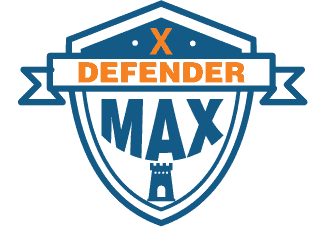The House Committee has passed H.R. 2620, the Investor Choice Act. Therefore, This is a bill that will prohibit broker-dealers, investment advisors and issuers from including pre-dispute binding mandatory arbitration clauses in their customer agreements. View Bill Here. On the surface, this sounds like a bad idea. However, I see several wins for the industry on this. Thus, The investor AND the firm should have a choice between arbitration and court. Unlike arbitration, courts have evidentiary and procedural rules. Additionally, Many claims against the firms and investment professionals would not stand up well in court. Concurrently, This change is likely to enable firms to more successfully defend claims. Specially, where the claimants were suitable, were provided with disclosure, signed the forms and knowingly took the investment risk. I think the “ambulance-chasing” contingent-fee law firms who aggressively advertise for “harmed” investors. Hoping to shake a bucket of money out of the E&O-insurer-tree should take pause with this new bill. We have seen too many firms and individuals struggle with claims that simply smack of legal extortion. I hope H.R. 2620 becomes law.
Arbitration Explained
Arbitration is a formal alternative to litigation in court. Undoubtedly, It is intended to be faster, cheaper and less complex than litigation. Arbitration panels are composed of one or three arbitrators who are selected by the parties. They read the pleadings filed, listen to the arguments, study the documentary and/or testimonial evidence, and render a decision. The process, however, is not as formal as litigation. Firstly, This informality can give rise to final and binding decisions based more on emotions, personalities and appearance rather than fact and existing law. Secondly, All parties must abide by the award unless it is successfully challenged in court within the statutory time period.
Resolution and Results
The statistics seem to confirm arbitration results lean in the favor of the customers. On its face, that is not a bad thing. Only 11% of the cases result in no award to the customer. These results are surprising in a highly regulated industry where disclosure and signed acknowledgement of investment risks by the customer are mandated.
At last posting* by FINRA, 76% of cases resulted in either a settlement (69%) or an award for the customer (18%). The large percentage of settlements is not surprising. Since it takes an average of 16 months for resolution and costs on average $176,000 in legal fees and other costs to get in front of the arbitrators. Whether the facts are in their favor right or wrong, the defendants often make the decision to settle. Having an open case inhibits business, is costly and time-consuming.
FINRA keeps tabs on the number of firms and individuals who fail to pay their awards. There are over 100 firms who can’t pay because they have filed for bankruptcy and/or closed their doors. This is not counting the many more firms who have had to sell or merge to pay the awards and stay in business. Read more about how FINRA’s resolution services here.
* Customer Arbitration Cases Closed (2012-2016)
Mandatory Arbitration
Mandatory arbitration, while well-intended, has had a negative impact on the industry due to the abuse of the process by claimants’ attorneys and customers with a “why not” attitude about suing an investment firm or advisor when an investment does not perform. The industry can benefit from more cases being subject to litigation. It is a slightly harder path for the claimants which weeds out the frivolous cases. The House Committee H.R. 2620, the Investor Choice Act can have a positive effect on both the industry and the customers.





